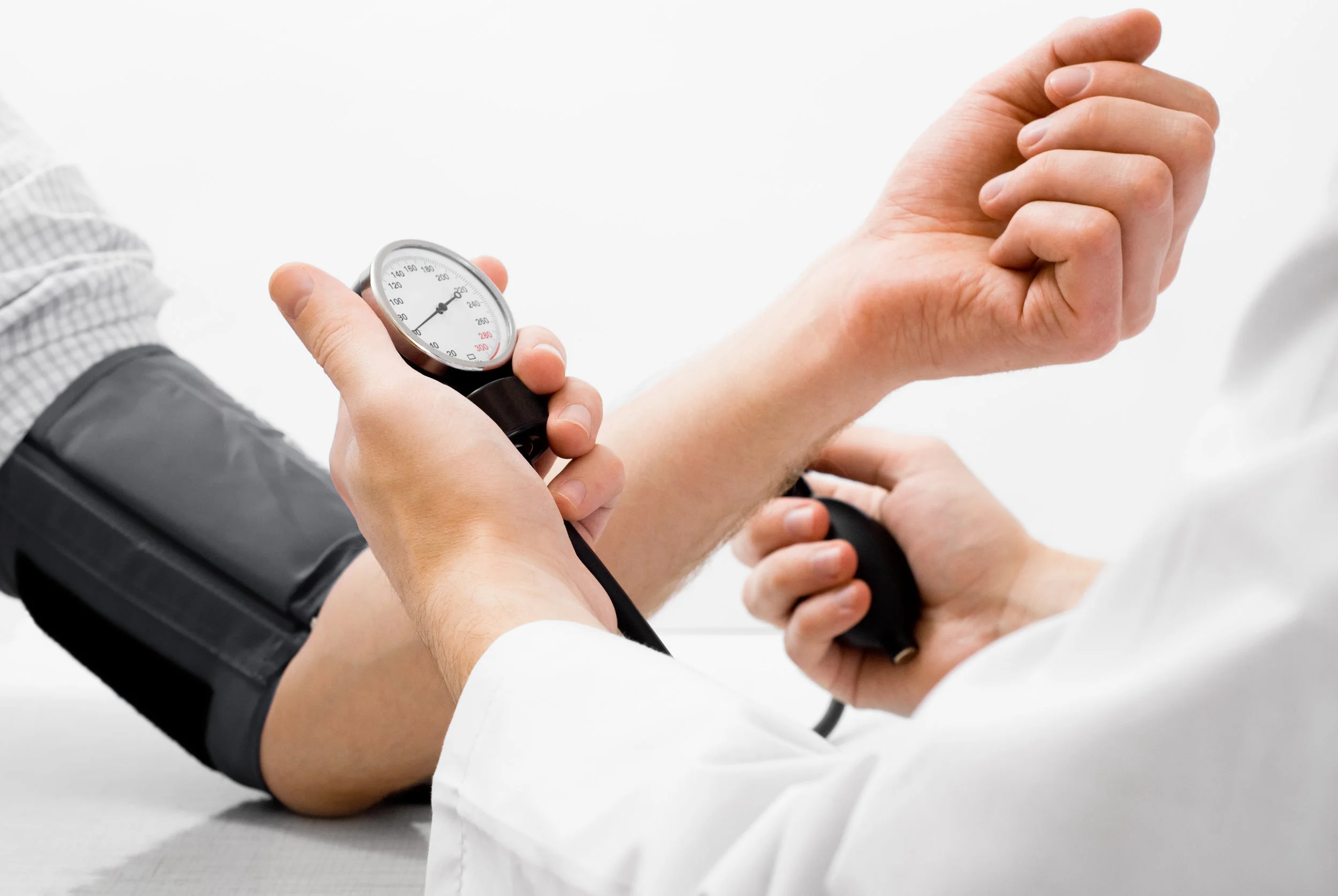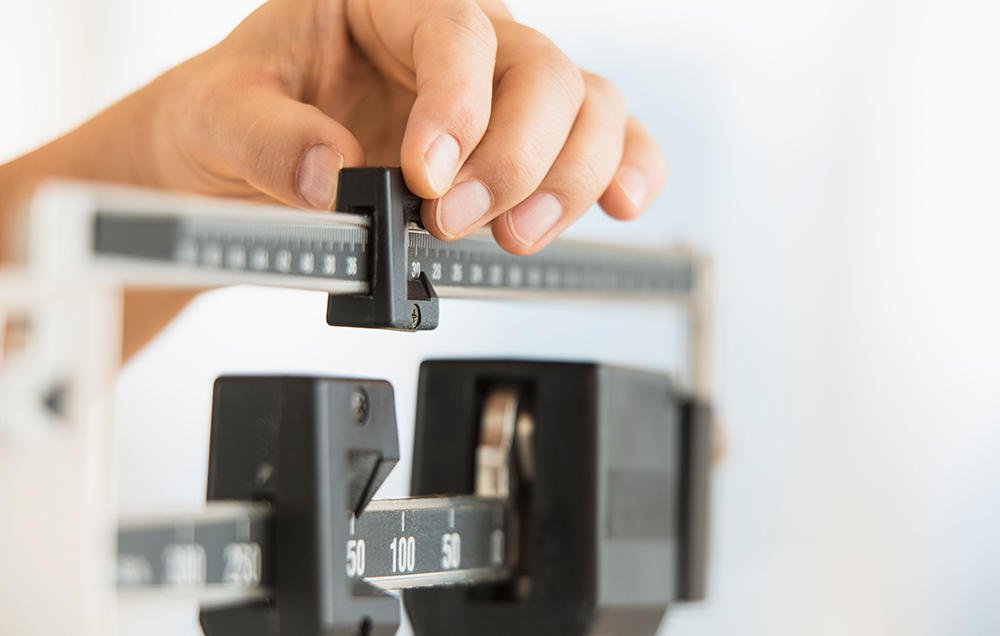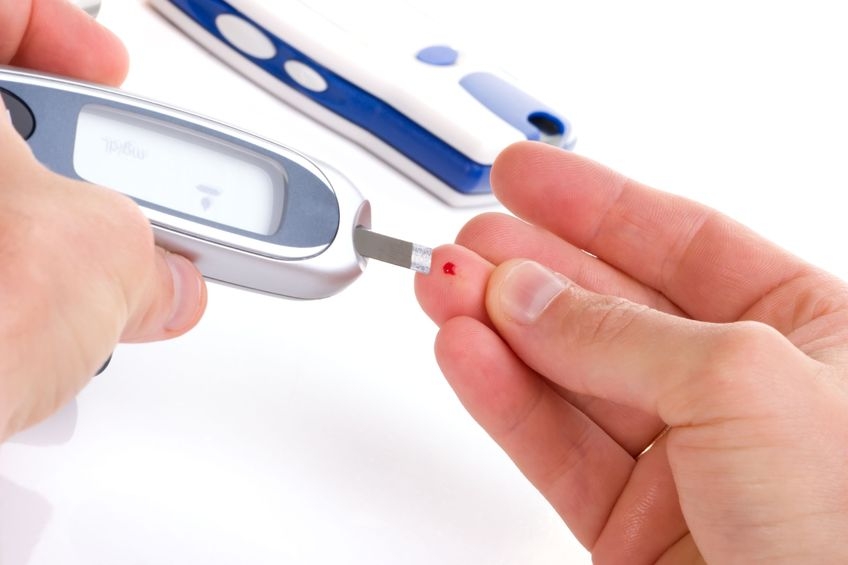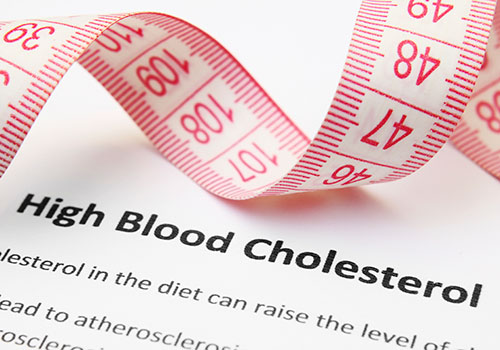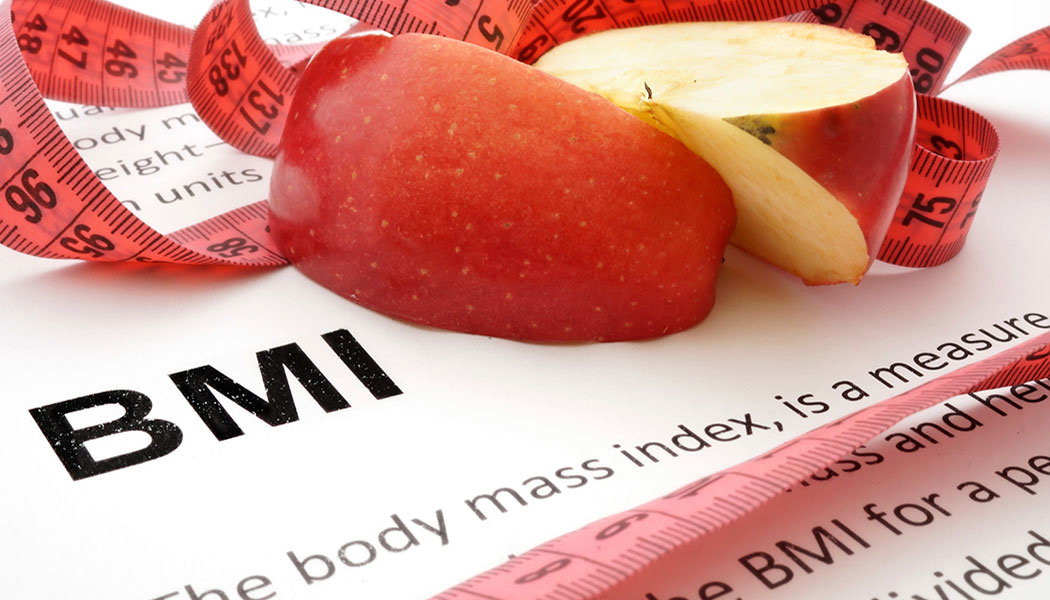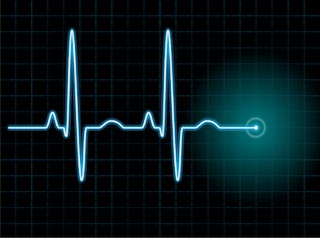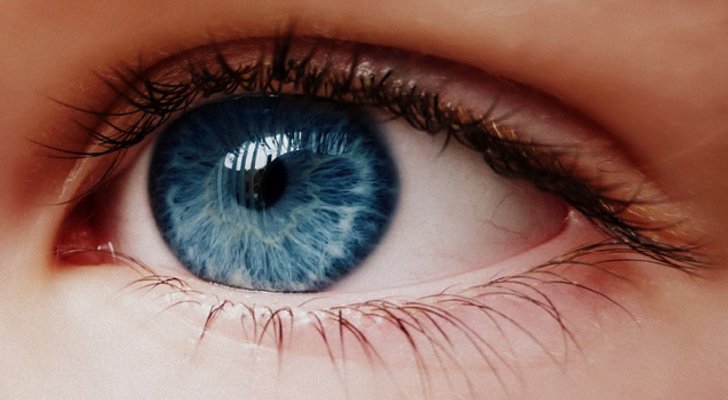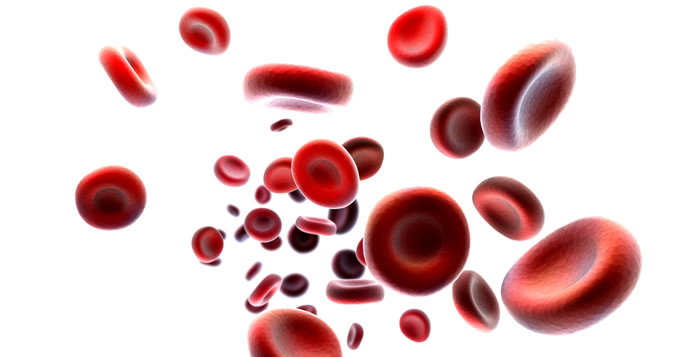Top 10 Things You Need To Know About Your Own Health.
Know your numbers!
After working in health-care for over ten years, I am still always surprised by how few people actually know the basics about their own health. Much of this information can be found out easily with no cost, but still most clients who walk through my door have no idea of simple aspects of their health, such as how much they weigh or their resting heart rate. When Health Coaching my clients, it's one of the first things I suggest they find out. It's great to have a basis to work from, but also if can be a great way of being able to show your clients that they are making progress.
Whenever I get blood tests done, I always get a copy of the actual test results for my own medical records, but often this is look at as being OTT or as an inconvenience to the admin staff at the doctors practice. Why do doctors not encourage everyone to do this and take more responsibility for their own health? I try to keep a paperless home so I often ask for scanned copies if possible rather than a print out. Sometimes this is not an option due to medical confidentiality, so I scan at home and store electronically myself. Anyway here are my 'Top 10' things you need to know, obviously if you have certain medical conditions or a family history, then you may need to add to this, this is just the basics for a generally healthy individual.
What You Need To Know!
1. Blood Pressure (BP)
You need to know your resting BP and it is often good to monitor it during exercise if you know you have a raised BP. BP monitors are cheap to buy in health stores or online or most medical offices will have one you can use. It is possible to improve your BP via making healthy lifestyle changes rather than just accepting being dependant on medication for the rest of your life.
2. Weight
I maybe check my weight once every couple of months in the gym but I don't keep scales at home. Just make sure you try and use the same scales as much as possible and if you can do with similar clothing each time (take your shoes off) it's always more accurate. Mornings are the best just after you have been to the bathroom but before having breakfast or a drink.
3. Blood Sugar levels (BS)
A lot of people out there are pre-diabetic and don't even know it. Make sure you get your blood sugar tested yearly if you are not diabetic. Diabetics should follow their Doctors guidelines for monitoring their BS levels.
4. Cholesterol
You should have an idea of both your LDL (bad) and HDL (good), triglycerides and total cholesterol. You should start to get your cholesterol checked from around 20 years old and have it tested more frequently as you get older.
5. Vitamin D / B12
Many people have insufficient or are deficient in Vitamin D, however it is not routinely checked by most doctors. Vitamin D and B12 are the only two vitamins that cannot be produced by the body so it's worth keeping an eye on your levels.
6. Hormone levels
It's a good idea for both men and women to get their hormone levels tested every so often. Again is not something that is done routinely by many doctors but having low or high levels of certain hormones can cause other health issues so it's good to know if your levels are within the normal range.
7. BMI / waist to hip ratio
BMI and waist to hip ratio are both great ways to monitor your weight and risk level for certain diseases. Ask you doctor or health professional to help you figure out your results if needed.
8. Heart Rate (resting / exercise)
Most people only know their resting HR but don't check it when exercising. It's a good indicator of your health level to see how your heart responds to exercise. Sometimes people also have stress EKG tests to monitor HR changes. EKG tests can also highlight any irregular rhythm which may need to be treated.
9. Eyesight
You should get your eyes tested yearly if possible. Your optician can tell a lot about your health from your eyes. Also making sure you are wearing lenses if needed can reduce issues such as headaches and migraines.
10. Blood Type
Always handy to know and for your family to know, it's also a good idea to carry around a medical card with any medical info like drug allergies and blood type in case of an accident or emergency.
I hope this basic information will help you to make a start with improving your health and lifestyle. Start with the basics and go from there. And try not to avoid finding out information because you are worries about the results, use that as your motivation to make improvements. If you need further advice of would like a health coaching session to help get you back on track please email me at: [email protected]
Helen

